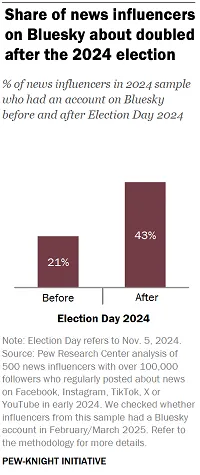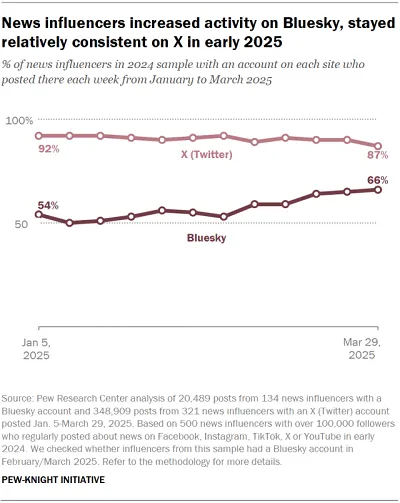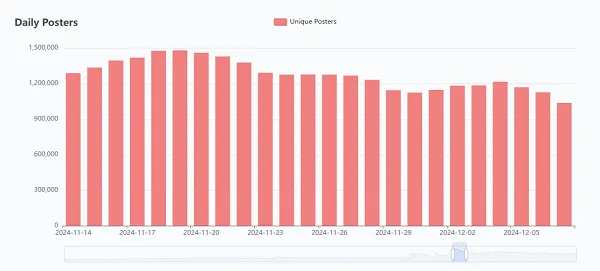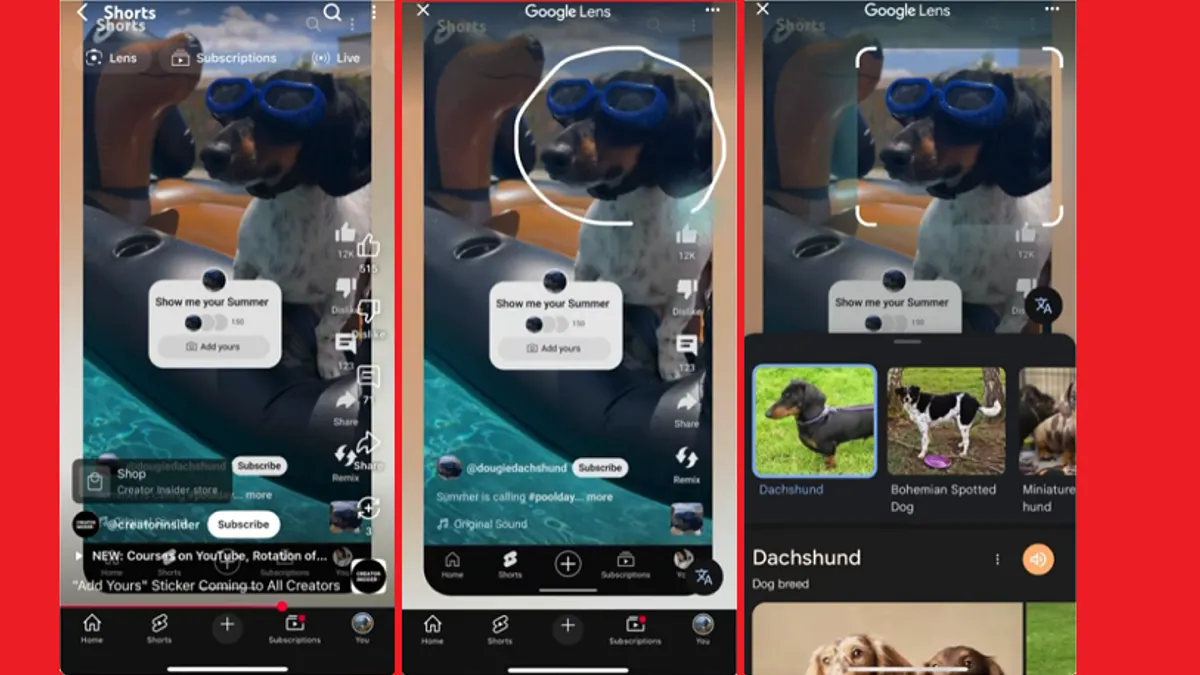Left-Leaning Influencers Embrace Bluesky, But X Remains Dominant
A new Pew Research Center study reveals a growing trend: left-leaning news influencers are joining Bluesky, the decentralized social media platform. However, they aren't abandoning X (formerly Twitter).
The study analyzed 500 news influencers with over 100,000 followers on X. It found a significant increase in Bluesky adoption, particularly after the 2024 US election. Concerns over Elon Musk's influence fueled this shift.

While Bluesky activity increased, X remains the primary platform. Influencers maintain their presence on X, suggesting a "soft protest" rather than a complete departure.

Pew Research Center reports: "About half (54%) of news influencers on Bluesky posted there in the first full week of January, but this share grew to 66% in the last full week of March. During the same period, X remained popular but saw a small decline in activity: 92% of news influencers on X posted there in the first full week of January, compared with 87% in the last full week of March."
Bluesky Faces Challenges Despite Growing Interest
Bluesky's decentralized nature appeals to those who value an open web. However, this concept hasn't resonated with the broader user base. Most users prioritize convenience and a large, established community, which X and Meta's Threads currently offer.
Threads, with its 350 million active users, surpasses Bluesky's 36 million. This highlights the challenge for decentralized platforms to compete with established giants.

Bluesky's daily active posters peaked at 1.5 million after the US election but have since declined. This decline coincides with Threads' continued growth.
The Future of Decentralized Social Media
While Bluesky faces an uphill battle, it remains a viable alternative. Events that erode trust in major platforms could drive users towards decentralized options. However, Bluesky needs to attract a critical mass of creators and users to achieve sustainable growth.
The study highlights the tension between the desire for a more open web and the practicalities of user behavior. For now, convenience and established networks continue to reign supreme.








